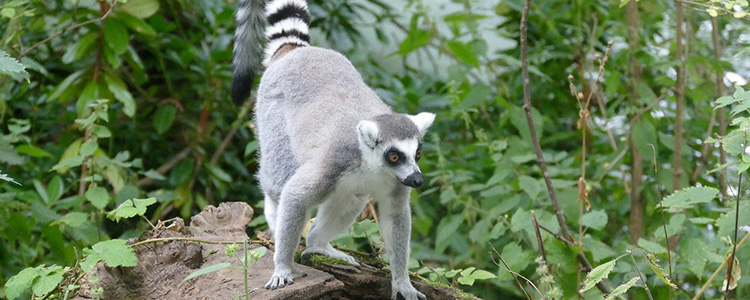 Sector: organizations for animal protection, animal care and eco-projects
Sector: organizations for animal protection, animal care and eco-projects



Oceania
South America
Central America
Caribbean
North America
Asia
Europe
 Sector: organizations for animal protection, animal care and eco-projects
Sector: organizations for animal protection, animal care and eco-projects
Add new contribution